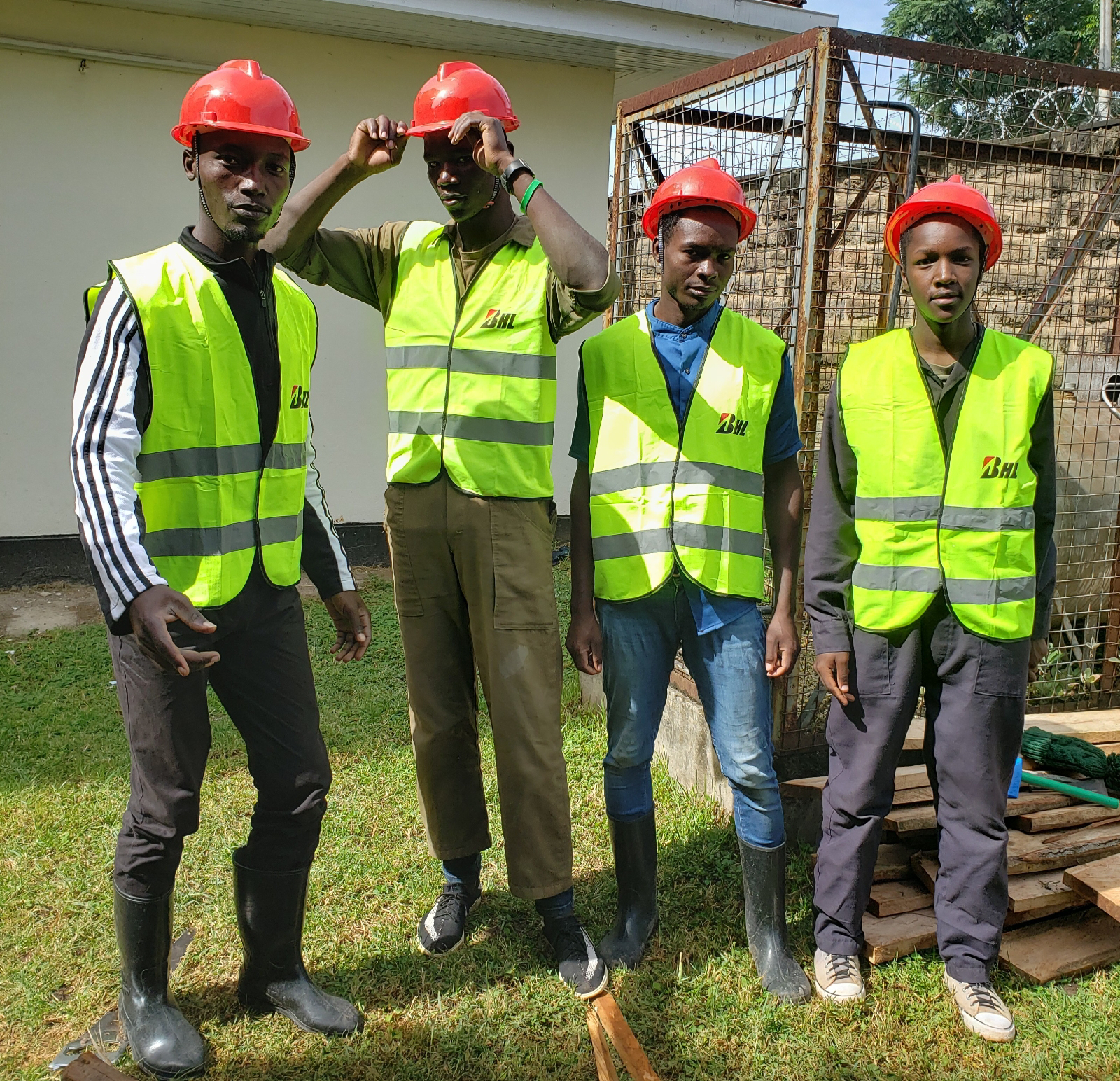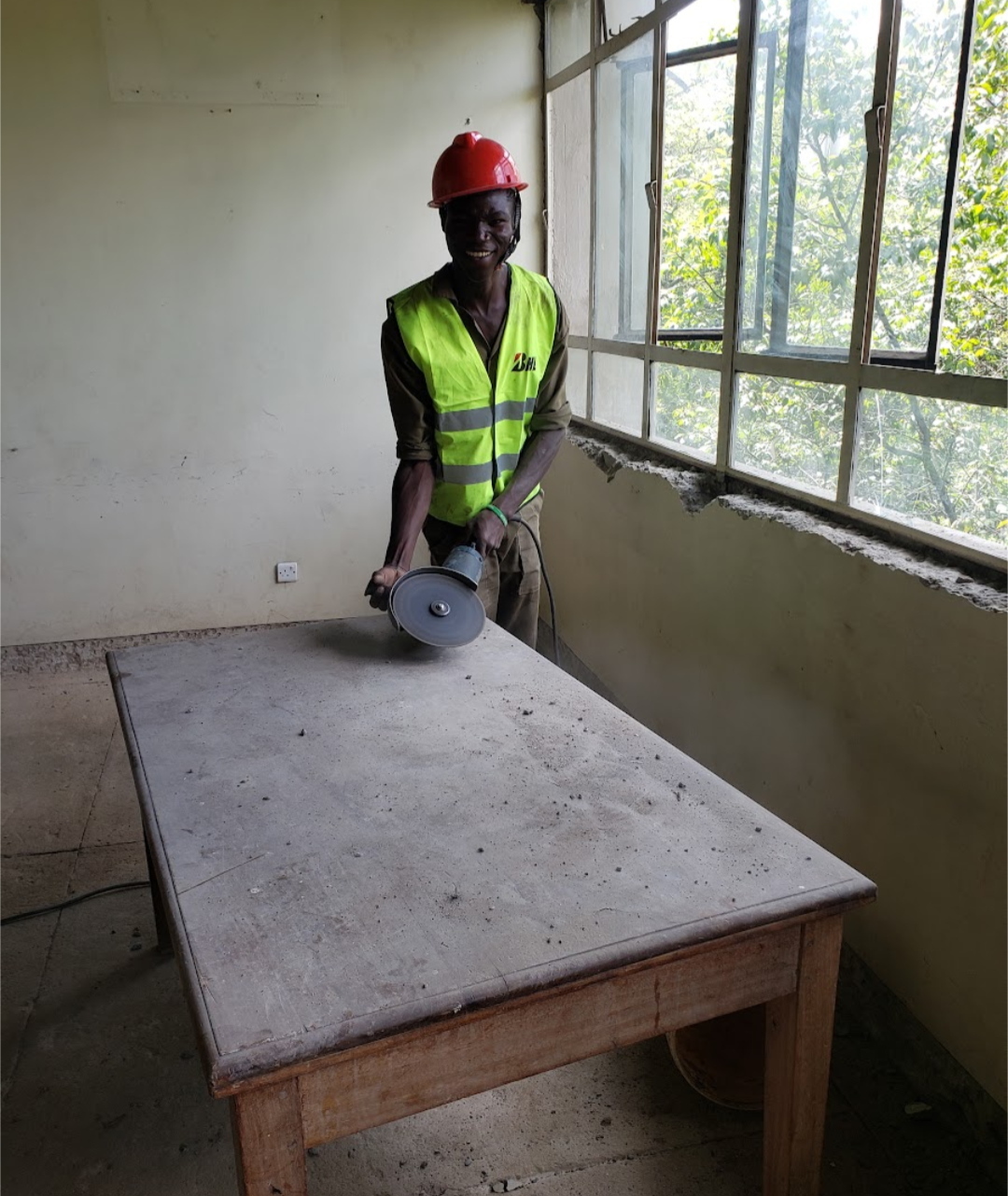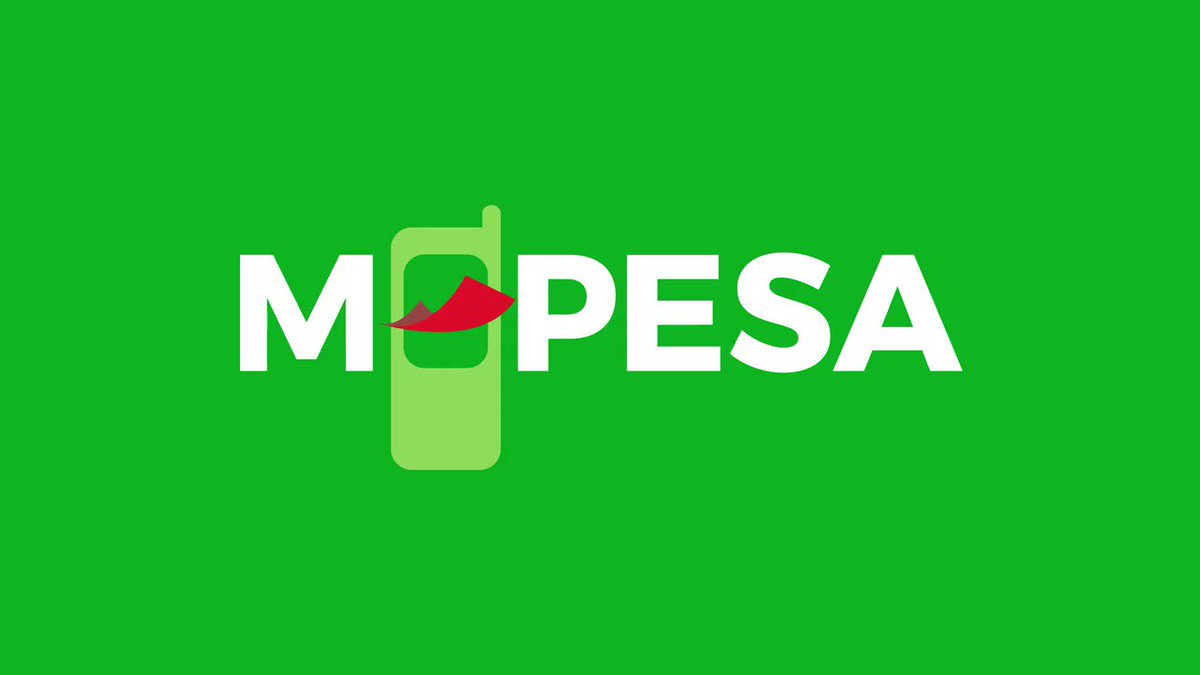Mimi, Gerald na marafiki zetu tukiwa pale site😂
I didn’t go back home after graduation. I was already staying in South B estate during school, and I figured, "Why not stay and hustle? Life is here." I had dreams. I had hope. And I had… well, that’s about all I had.
I was living with my cousin Gerald, aka Lucky. He had just joined KEWI in September, a few months before I finished in December. So there we were: two broke college boys, trying to become men overnight in the concrete jungle.
With no job offers and no one picking up my CV, I dived into mjengo — construction work. Let me tell you, mjengo is not for the faint-hearted. You work under the sun until your bones feel like jelly. You lift, dig, mix, carry, and sweat like your life depends on it. All that, and sometimes the foreman delays your pay or disappears with it entirely. That means, no food. Just sleep, hunger, and unanswered prayers.
Now somewhere in between all this madness, there was home — or the idea of it.
We had left our parents’ houses, full of energy and ambition. But every time things got tight and we reached out for help, the answer was always:
"Kama maisha ya Nairobi ni ngumu, rudi nyumbani."
It wasn’t that they didn’t care — they did.
But I think they preferred to care for us while seeing us with their own eyes.
And so we stopped asking. We just decided to face the music. I even made a secret covenant with myself:
“No matter how bad it gets, I will never go back home saying ‘Nairobi imenishinda.’”
Spoiler alert: I have whispered that phrase many times — but only to myself. 😂
Anyway, one day after a tough day at a site, Gerald and I decided we were going to treat ourselves — mchele tu. Just plain rice. But when we got home, our koko stove had betrayed us. No fuel. Refilling it would cost 30 bob — and we had exactly zero shillings combined.
That’s when Lucky, in his usual stubborn brilliance, said,
"Bro, wacha tuchome hii mchele na ile coil ya maji…"
For those who don’t know — that coil is that cheap electric heater you drop into water when you want to boil tea in a hurry. Now imagine using that to cook rice in a sufuria. Risky? Yes. Smart? Not at all. But were we hungry? Absolutely.
So we dumped the rice and water into the sufuria, dropped the coil in like scientists testing a new experiment, and waited. The rice didn't boil — it fought back. After 40 minutes of bubbling confusion, we gave up and ate half-cooked, crunchy mchele. It was like chewing gravel, but hunger doesn’t ask for permission.
Now, fast forward to the next morning. We woke up tired, empty, and still feeling the rebellious rice rolling in our stomachs. Off to mjengo again — same foreman, same sweat, same sun. No breakfast, no tea, not even a biscuit.
By midday, my body had completely given up on me. I was carrying a 50kg bag of cement on my back — sweating, hungry, dizzy — when suddenly, the world started dimming like someone was slowly turning down the brightness on the sun. I blinked, shook my head, even tried to smile through it, but my knees were already negotiating with gravity.
Then out of nowhere, I felt my stomach do a full reboot. I dropped the cement, staggered to the side like a drunk man, and vomited what looked like revengeful rice — probably the same half-cooked mchele from the night before that had refused to digest properly. It came out looking like it hadn’t even tried to blend in.
And then… boom. I collapsed.
For a few moments, I swear I thought I was gone. My spirit left the building. I had no strength left in me. I accepted death — silently.
Then suddenly — splash!
Cold water slapped my face back to earth. I opened my eyes and saw people crowded around me. Then, like a bad comedy, the foreman looked down at me and said:
"Kijana… umeamua kumwaga mchele na kuharibu chakula hivi na watu wanalala njaa?"
😭😭😭
I had almost died — and this man was busy mourning the wasted mchele that i had vomited.
Gerald didn’t argue. He just looked at the foreman and said,
“Hatuwezi endelea na kazi. Ukipenda utulipe half day ama ukipenda uache.”
He told him straight — if he wants to pay us for half a day, fine. If nothing at all, also fine. But we were done for the day.
We didn’t even have the strength to talk much. Gerald helped me up, and we walked slowly back to the house, one weak step at a time — like two soldiers retreating from a lost war. My head was spinning, my legs barely moving, but we kept going.
When we got home, we borrowed 50 bob from our good friend John Ndekei, who’s been with me since the very first day of admission at Kenya Water Institute. A real one. Gerald used the money to buy a bit of mboga and some cooking oil. He cooked — and we ate.
That’s brotherhood. That’s Nairobi.
That day I knew struggle in its rawest form. I’ve gone through hell in this city.
That’s just one of my many stories.
There’s more where that came from.
But I thank God — I’m still here.
Still breathing. Still fighting. Still pushing.
And I pray… I never suffer like that again.








2 Comments
God grace be with you
ReplyDeleteWow nice one
ReplyDelete